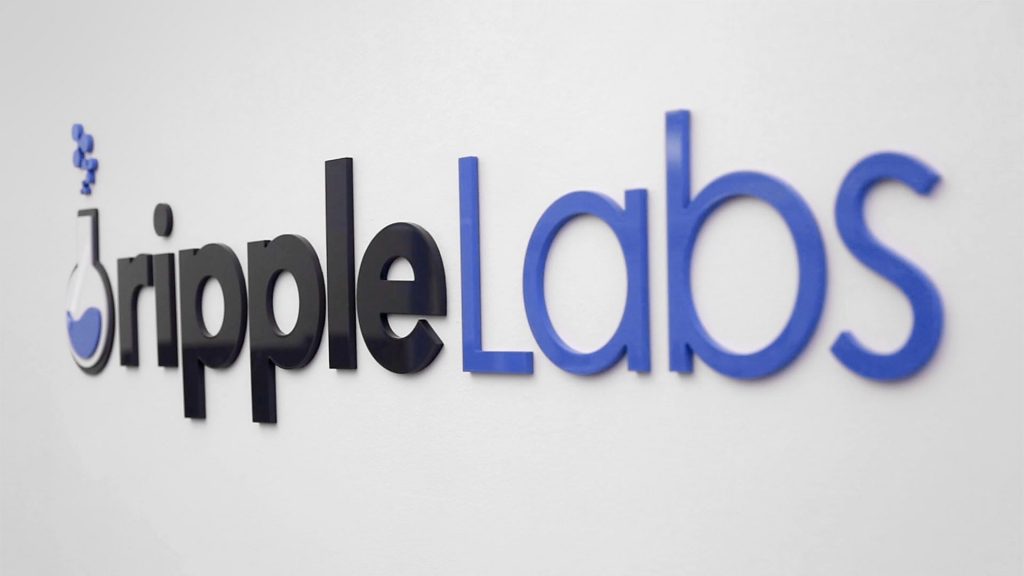On June 11, Ripple Labs concluded their purchase of Standard Custody, a digital asset custodian. First revealed earlier this year, the agreement is fundamental to Ripple’s intended introduction of a United States dollar stablecoin and more general aims of real-world asset tokenization.
Standard Custody’s Regulatory Edge
Standard Custody CEO Jack McDonald will be named as Ripple’s senior vice president of stablecoins under the terms of the agreement, therefore serving both Standard Custody’s CEO role and another.
Pointing to Standard Custody’s regulatory approval from the New York Department of Financial Services (NYDFS), one of the toughest financial authorities when it comes to digital assets, Ripple underlined Standard Custody’s licensing as a fundamental capability of the digital asset custodian.
Expanding Ripple’s Custody Services
Standard Custody comes after Metaco, another digital asset custody company acquired by Ripple for $250 million in 2023. The purchase of Metaco by Ripple was highlighted by the conviction that, as banks strive to offer their clients digital asset custodial services, the institutional crypto custody market will reach $10 trillion by 2030.
Within the context of custody services, real-world asset tokenization—a market that Chainlink estimates might reach over $800 trillion if all the capital assets in the world are tokenized—is included.
Tokenization: The Next Frontier
For companies like Ripple Labs, Chainlink, and Algorand, real-world asset tokenization has become a top priority; the developing tokenizing sector is generally thought to be the next great frontier for cryptocurrencies, blockchain, and digital assets.
Leveraging Chainlink’s CCIP interoperability protocol, the Depository Trust and Clearing Corporation (DTCC) released in May its report of a real-world asset tokenizing pilot program run between the DTCC and several major banks, including JP Morgan, Edward Jones, and BNY Mellon.
This Might Interest You: Wu-Tang Clan Album Lawsuit: Shkreli vs. PleasrDAO
The initiative sought to replicate bringing real-world data onchain and evaluate the tokenizing of fund data. The DTCC’s research found several advantages of blockchain tokenization, including automated data management and lowering of the need for record-keeping, real-world transparent APIs for consumers, and the possibility to produce “dynamic data management across the life cycle of an asset.”
In the end, the pilot study gave banks and other institutional operators hoping to use blockchain tokenization in their products and services—such as automated data feeds or trading applications—insight into possible future uses.
For the latest news, be sure to follow Coin Engineer News by clicking here


